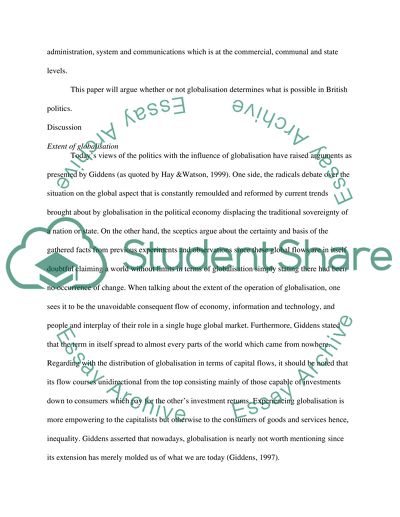Cite this document
(“Globalisation and British Politics Essay Example | Topics and Well Written Essays - 2000 words”, n.d.)
Retrieved from https://studentshare.org/history/1414316-british-politics-globalisation-and-british
Retrieved from https://studentshare.org/history/1414316-british-politics-globalisation-and-british
(Globalisation and British Politics Essay Example | Topics and Well Written Essays - 2000 Words)
https://studentshare.org/history/1414316-british-politics-globalisation-and-british.
https://studentshare.org/history/1414316-british-politics-globalisation-and-british.
“Globalisation and British Politics Essay Example | Topics and Well Written Essays - 2000 Words”, n.d. https://studentshare.org/history/1414316-british-politics-globalisation-and-british.


